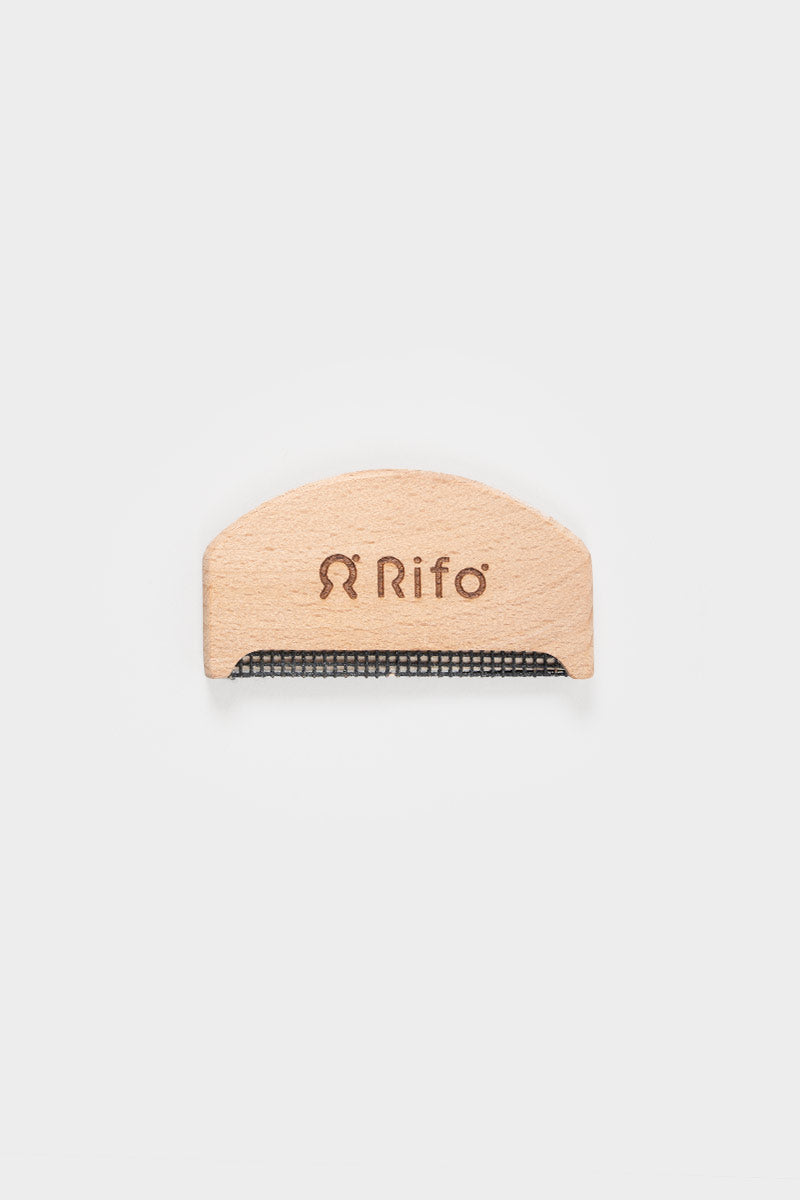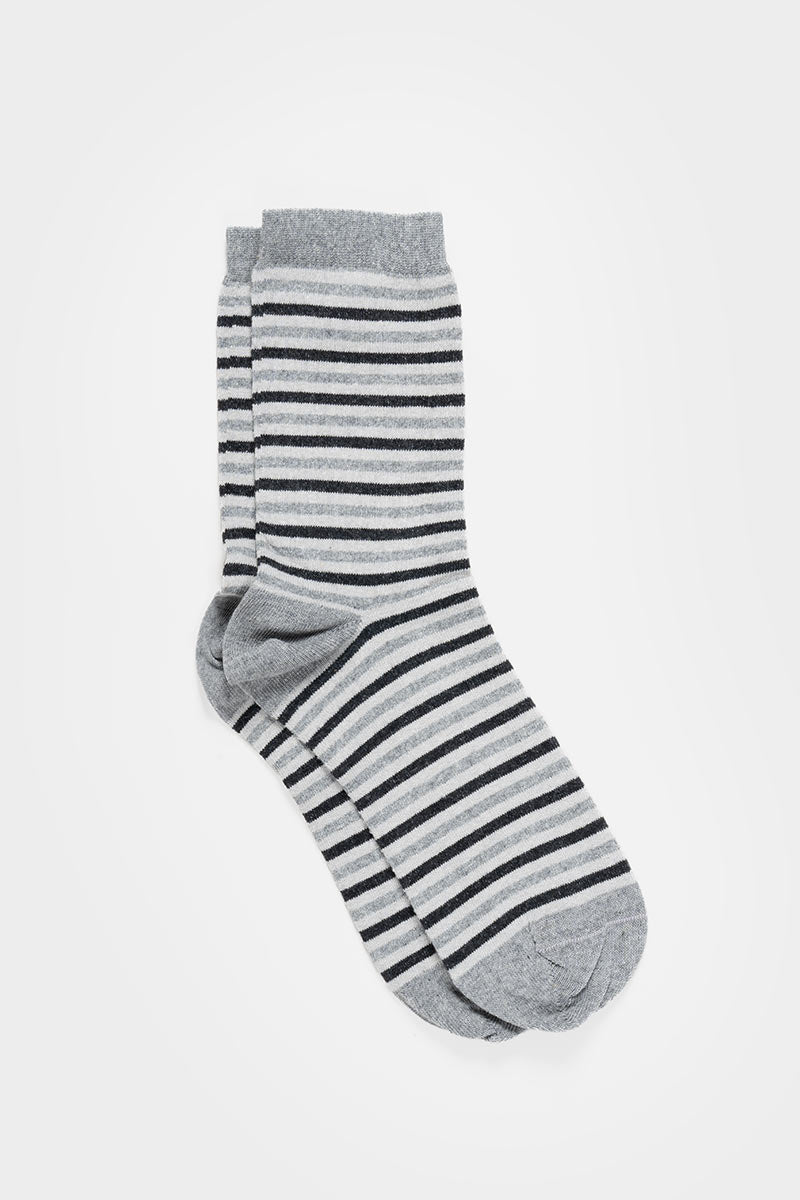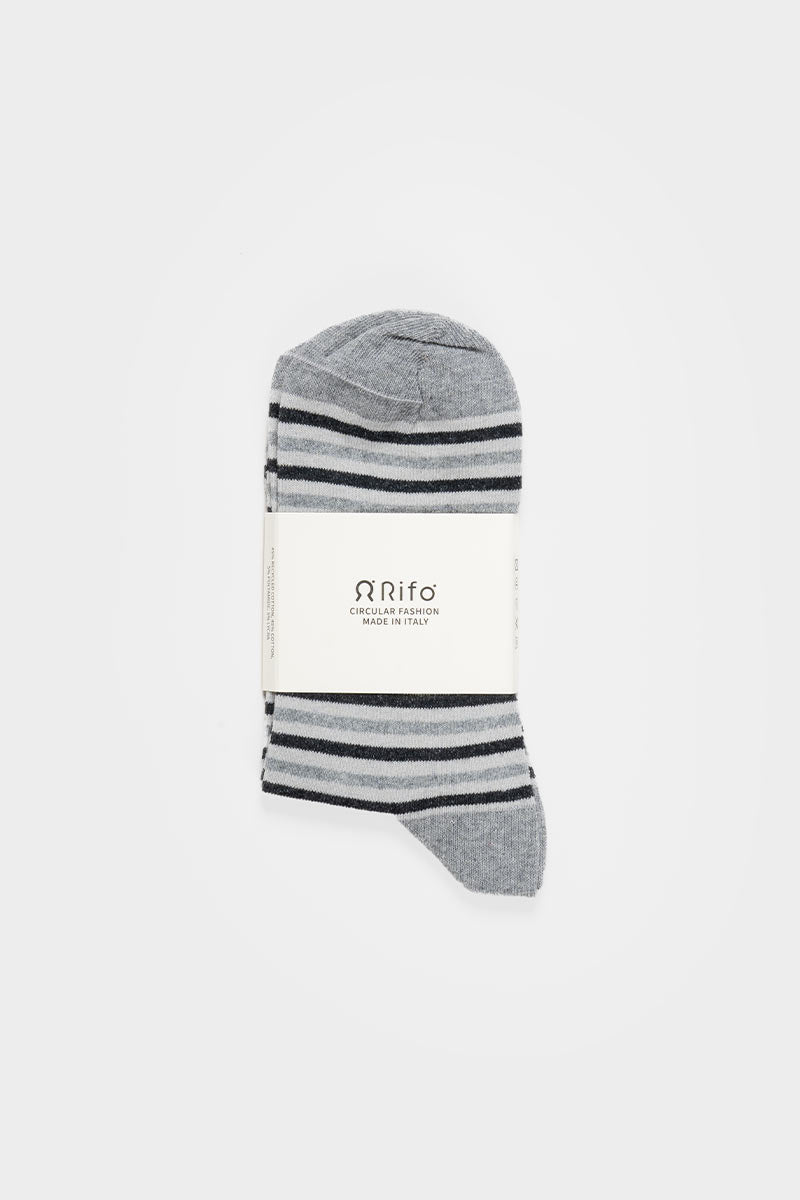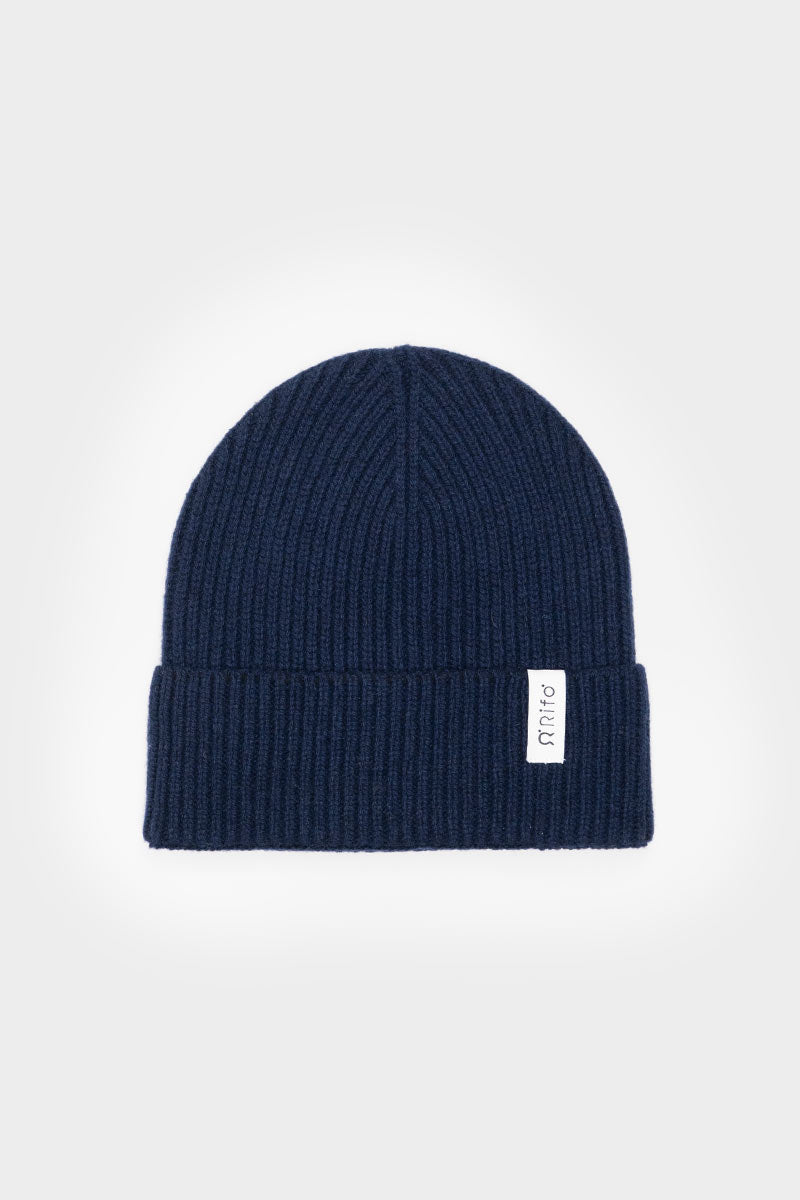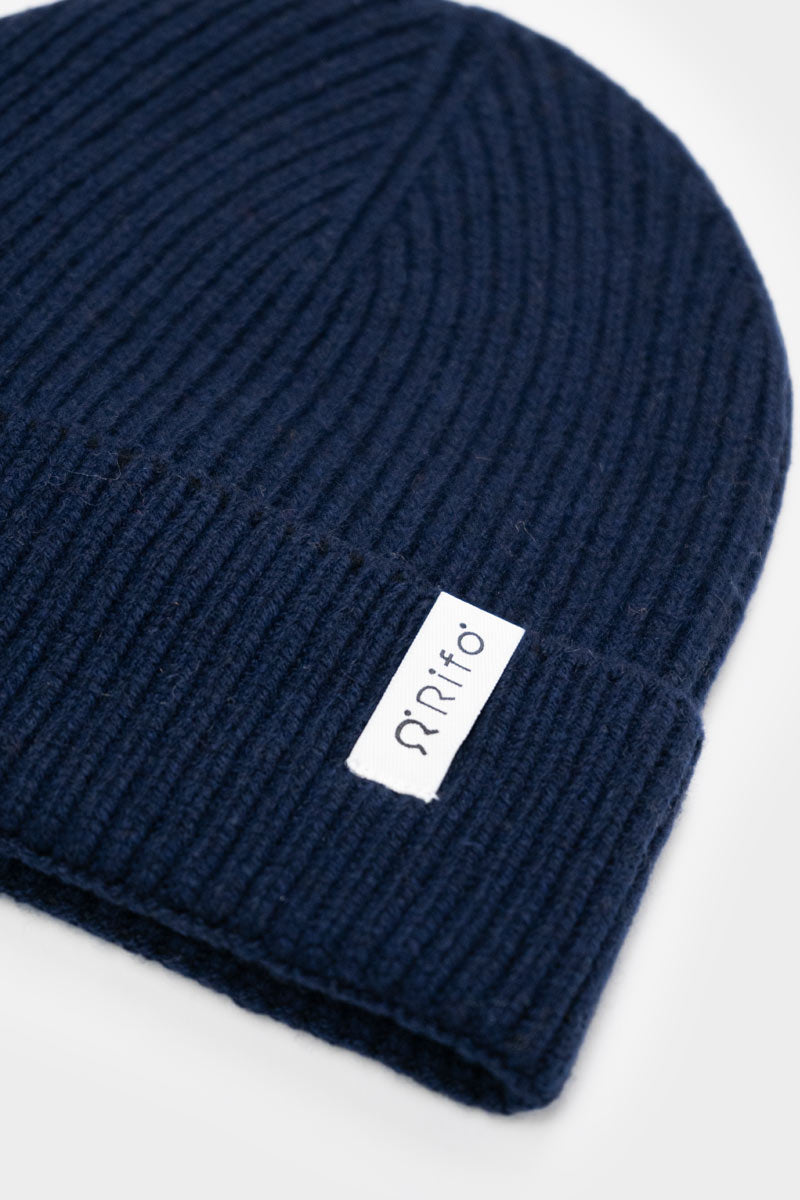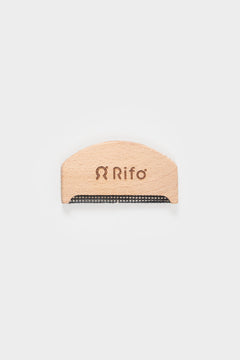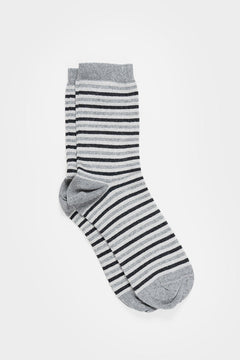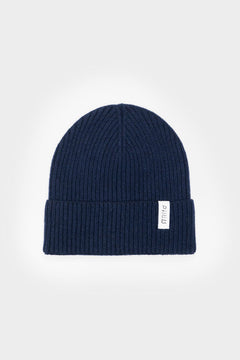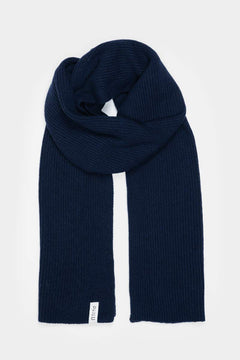Anyone who cares about the sustainability is aware of the critical situation that our planet is facing, damaged by a society and a market that has only looked at profit for too long ignoring - or pretending to ignore - the consequences.
Recently many people realized that if we continue to mistreat the environment within a few years we'll reach the point of no return.
The good news? We are still in time: according to a report by the Global Commission on the Economy and Climate, until 2030 we can still reverse the trend.
And if it is true that we need big industries to take the biggest step towards sustainability, each of us can contribute to this very important goal, starting from those little things that seem insignificant.
Consume less meat, avoid the car, recycle the waste: they are all small gestures that can make the difference and that are part of the Rifolution, our campaign against waste and for recycling and reuse.
Why not trying to be more sustainable next year? Here are some gestures that you can adopt that won't change your life or your wallet.
Technology? Yes, but watch out the energy!

The world in which we live foresees an increasingly massive use of technology, devices that are impossible to give up in everyday life.
Due to this everyday use, however, small precautions can have an impact on the environment in the medium and long term.
For example, one thing is to completely turn off televisions and any decoders or DVD players when they are not used. Left on stand-by continue to consume energy unnecessarily, creating damage to the environment and our pockets.
It is also important to evaluate the energy class of the appliances - including refrigerator, washing machine and dishwasher - to buy those with the highest rating.
Initially they can be more expensive, but it is an economic effort that will be repaid over time thanks to lower consumption. The advantages for the environment, however, will be immediate!
Paper, bulbs and thermos
In an increasingly technological world, it could be unnecessary to use paper. Certainly it is not easy to stop using paper, but we can start thinking twice before tearing a piece of paper towel or asking for the receipt of a purchase or still keep the old piece of paper to write notes.
And the bulbs? Each of us lives in an environment where these are present in abundance, but perhaps not everyone knows that choosing a CFL type (Compact Fluorescent Lamp), or LED, can help in a decisive way the environment.
First of all, this type of light bulb can last up to five times longer than a traditional light bulb, moreover they consume less energy and they are more shiny, therefore it is necessary to use a smaller number of them.
It is known that plastic is strangling every year that passes our planet: today our oceans present huge islands made up of waste of this material and, according to an article by the Guardian, by 2050 the sea will host more plastic than fish.
An alarm that invites anyone to act actively and instantaneously.
Having said that the mobilization against the use of disposable products such as straws, cutlery and plastic plates has led to its progressive end, it is also important to reduce the use of water bottles.
You can do it for example by buying a steel thermos, washable and reusable and made to contain either cold or hot drinks. Your pockets as much as the environment will be thankful! If you don't know which brand you want to look at, take a look at the Rifò thermos, it is perfect both for keeping water cool and for hot drinks.

Tote bag and polyester net for shopping
Another good habit that is spreading in the population is to use tote bags instead of plastic bags when we decide to go shopping.
Both at the supermarket and in the small shops, the so-called "tote bags" help the environment by significantly reducing the production and consumption of disposable bags.
In cases where we cannot do without plastic bags, it is a good practice to reuse them at least once, for example to collect other plastic products for disposal, or use those compostable to differentiate the organic garbage. The canvas bags are however an object that we should never do without, given that if carefully kept they can last for years and they are increasingly used to hang out as well as for shopping.
And what about fruit and vegetables? To reduce the environmental impact from the several plastic bags, washable and reusable nets are now available, made of polyester and weighing 8 grams, the same on which the scales used to weigh vegetables are calibrated before going to the checkout. Unfortunately these objects are not widespread enough and above all it is not clear if they are accepted by the supermarkets. To really make the difference, go to your supermarket and ask how they are acting to introduce net for weighing fruit and vegetables. In this way you will make the need of many consumers evident!
For personal hygiene bamboo toothbrushes and zero waste solid products

The old shopping bags are made of polyethylene, one of the materials that most contributes to the pollution of our seas together with polypropylene. The latter material is widely used in the production of plastic toothbrushes, with an average duration of about 3 or 4 months and which, once their task is finished, are thrown away with considerable damage to the environment.
Try to multiply 3 or 4 toothbrushes a year for all the people who brush their teeth. Calculate that each of these can take up to a thousand years to be disposed of by nature and you will have an idea of how a healthy habit can be harmful to the ecosystem.
Why not use bamboo brushes then? They have a comparable cost to those in plastic - they are available on the market for about 2 to 10 euros - and they are biodegradable, to the point that once their use cycle is over they can be safely thrown into the organic waste. Even the bristles, made of Nylon 6, are buodegradable.
It is even better to combine bamboo brushes with solid toothpaste, a product that is spreading more and more and that hasn't the classic tube - polluting and difficult to dispose of - appearing instead "naked and raw". It will be enough to wet the bristles of the our toothbrush and rub it on the product, which usually looks like a cube.
After all, the plastic used for packaging costs the industry 120 million dollars a year to the industry and in 95% of cases it is thrown away after the first use. A huge waste of money and resources that could surely be used in a better way.
In addition to toothpaste, there are also solid cosmetics based on the same principle as toothpaste.
In line with the zero waste philosophy, which aims to reduce packaging-related waste as much as possible you can say goodbye to packages and bottles and by 2020 you can promise to choose soaps, shampoos, shower gel and conditioners without unnecessary, polluting and expensive packaging. The packaging affects 40% of the final cost, so it is clear that this money are better invested in quality products. The cost of solid cosmetic products is not low, very often they are prices that vary from 6 to 10 euros for a shampoo or body soap, but before choosing you should always consider the quantity of product: very often these products in fact avoid waste and last longer comparing to a normal bottle of liquid soap.
Related to personal hygiene there is another product that will make your life better and that will do good for the environment: the cleaning stick for silicon ears (from 5 to 10 euros). Ok, it's made of silicone, but do you want to put one for life against the thousands we use during the year and end up in the oceans?
Finally, to remove make-up? Choose the washable microfiber pads, they are sold in multiple packs and will have a very long life. While as a product you can try the use of coconut oil, the one that is also used for culinary use: it is sold in glass jars and in winter it is in a solid state. By Rubbing the make-up pads, you can take a minimum amount of product, enough for the purpose you need to reach. A purchase that will really save you a lot of money!
Conclusions
We have seen how it is possible, with some little foresight, to contribute daily to both our health and that of the planet. How many of these habits have you already adopted in the past year? How many will be part of your 2020?
Living in an equitable and environmentally friendly way is possible. Many small gestures can really change the world we live in. At Rifò we are convinced of this and this is the principle behind the campaign 'Join the Rifolution!'. You can join it by showing us your sustainable habits on Instagram with the hashtag #rifolution or by purchasing one of the products available in our online store.
Join the Rifolution!
